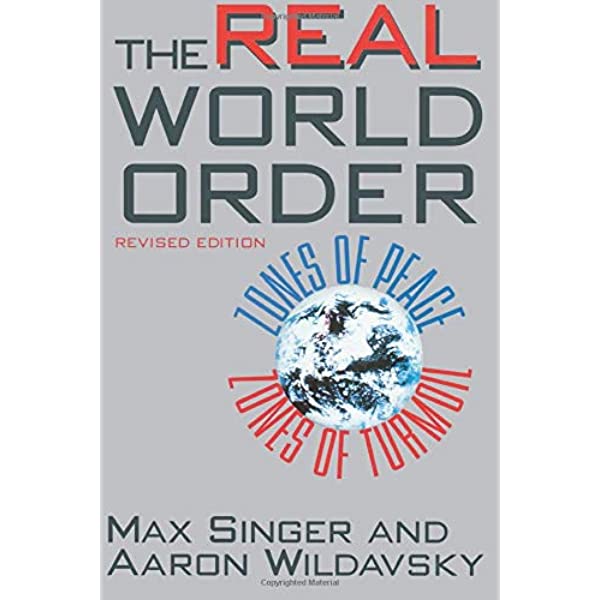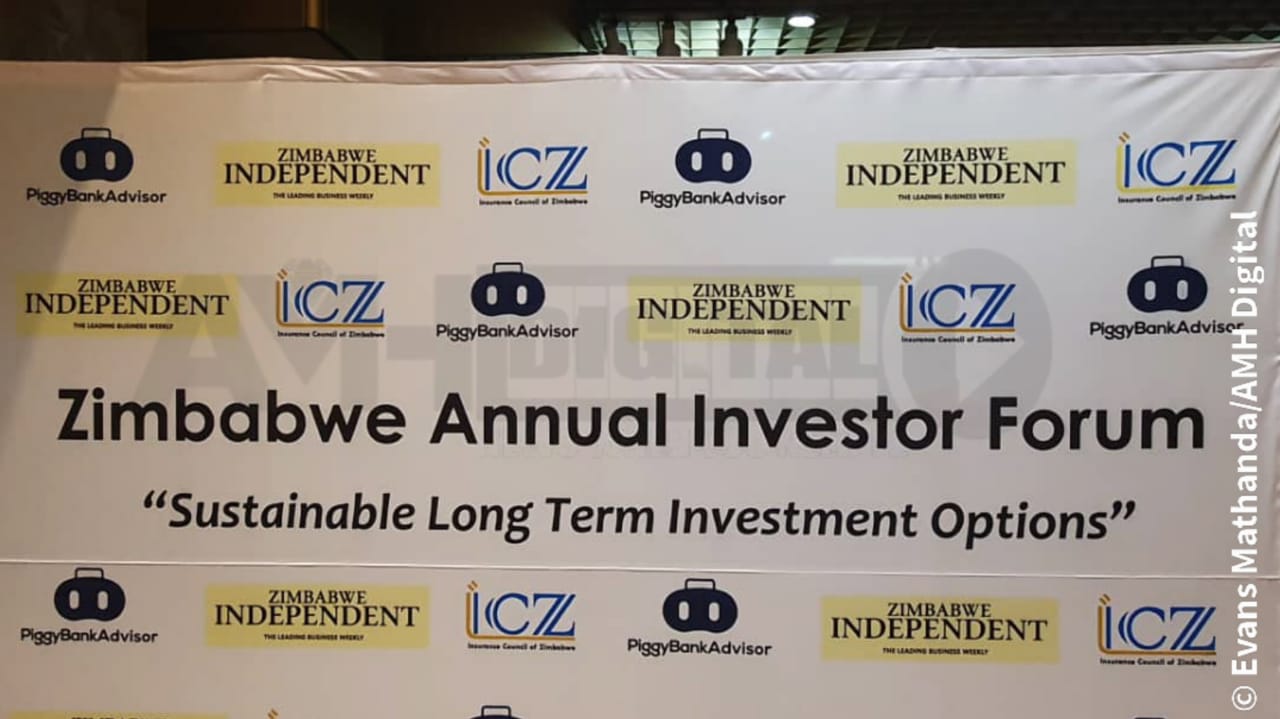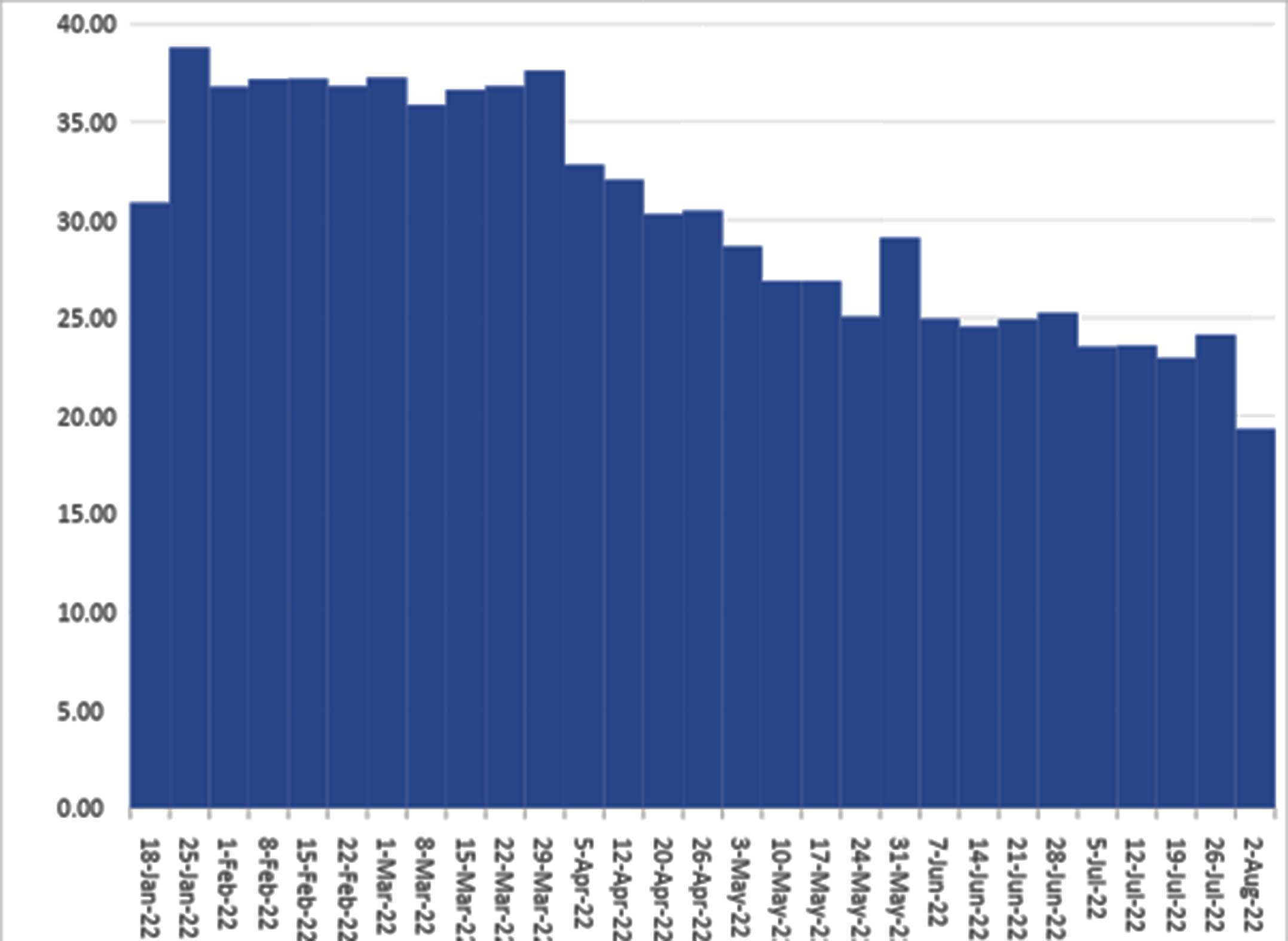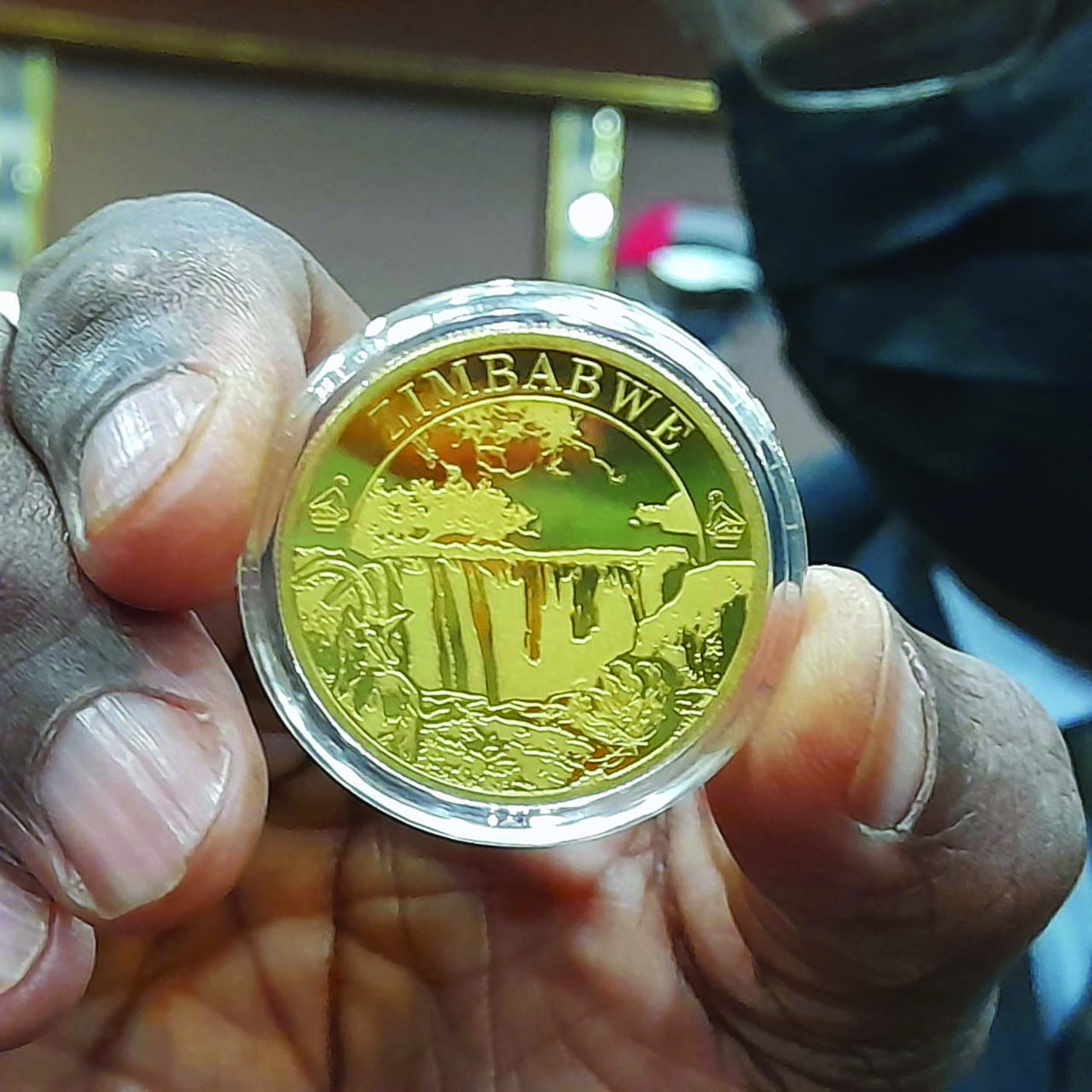
SINCE the Russian invasion of Ukraine last Thursday many people have expressed their shock and horror at Vladimir Putin’s violation of international law and the death of the “rules-based world order”, but there is actually no reason for surprise.
Those people just never understood what the rules really were.
George Orwell got it right in Animal Farm: “All animals are equal, but some are more equal than others.”
If you read the United Nations Charter, you will discover that it enshrines exactly the same principle, although shrouded in more elegant and less explicit language.
There is lots of text in the UN Charter about suppressing “acts of aggression” and avoid “the threat or use of force against the territorial integrity or political independence of any state”, but it is all trumped by Article 27, which gives each of the great powers a veto on all decisions of the Security Council.
What that means in practice is that all other countries are subject to the UN’s rules, but the five “permanent members” of the Security Council — China, France, Russia, the United Kingdom and the United States — are not. Some countries are also more equal than others.
The Security Council is the UN’s executive authority, but it can no more order Putin to stop the invasion of Ukraine (the Russian veto) than it could have stopped the United States from invading Iraq (the US veto).
The rules that say no country’s borders can be changed by force and that nobody may intervene in a country’s internal affairs, but these rules do not bind the Famous Five.
- Chamisa under fire over US$120K donation
- Mavhunga puts DeMbare into Chibuku quarterfinals
- Pension funds bet on Cabora Bassa oilfields
- Councils defy govt fire tender directive
Keep Reading
This was not some accidental oversight by the charter writers; it was a design feature.
The charter was signed in San Francisco in June 1945, six weeks after Germany surrendered and six weeks before the first use of nuclear weapons and the Japanese surrender.
At least 50 million people had been killed in the previous six years of war, and most cities in Europe and Asia were in ruins.
The people who negotiated the charter were not idealists; they were realists terrified by the destructiveness of modern war, trying to write rules that would persuade the great powers to accept a rules-based international order.
The great powers did accept them, but only on condition that they themselves were exempt from the rules, and that is the real world order.
It cannot help Ukraine, but that was always true.
Nothing has been lost, because the UN was not really designed to stop every war.
The UN was created to prevent any more wars between the great powers, because the great-power wars — the “world wars” — are the great mass killers.
With some help from the theory of nuclear deterrence, it has succeeded at that vital task for 75 years now.
Dag Hammarskjöld, the second secretary-general of the UN (who was shot down and killed on his way to negotiate a cease-fire) was very clear on what the UN and the whole “rules-based world order” was for: “not to bring mankind to Heaven, but to save it from Hell.”
Sir Brian Urquhart, who fought through the Second World War and was one of the first Allied soldiers into the Bergen-Belsen concentration camp in 1945, got involved with the new UN as soon as peace came and served under four secretary-generals over four decades.
He practically invented peace-keeping.
He spent his last decade as Undersecretary-General for Special Political Affairs, and I asked him one day why he kept on going. He said: “In the first case, it’s extremely interesting.
If you want to watch the human tragicomedy unfold, this is a terrific front-row seat, and every now and then you can do something about it.
“You can stop somebody from being executed, you can prevent somewhere from being destroyed. It’s a drop in the bucket, but … you can sometimes control a conflict — and the most important thing is to provide a place where the nuclear powers can get out of their confrontations ….
“As Hammarskjöld once said, while none of us are ever going to see the world order we dream of in our lifetime, nevertheless, the effort to build that order is the difference between anarchy and a tolerable degree of chaos.”
Urquhart died last year at 102, but if I could ask him whether Ukrainian president Volodymyr Zelensky should have agreed to ceasefire talks with Russia, I’m sure he would say yes.
Not because Zelensky should bargain his country’s freedom away, but because a great many people are going to die in the next few days if there is no ceasefire.
It is always worth going the extra mile.
- Dyer is a London-based independent journalist. His new book is titled The Shortest History of War.










